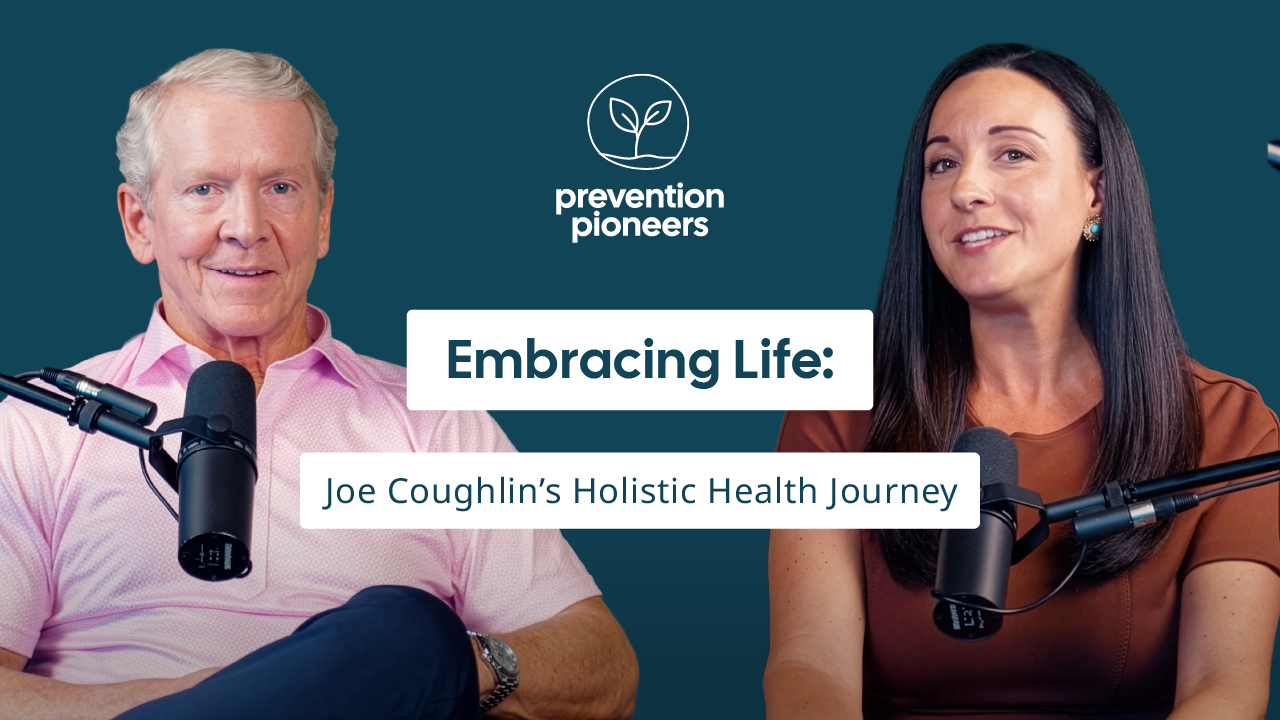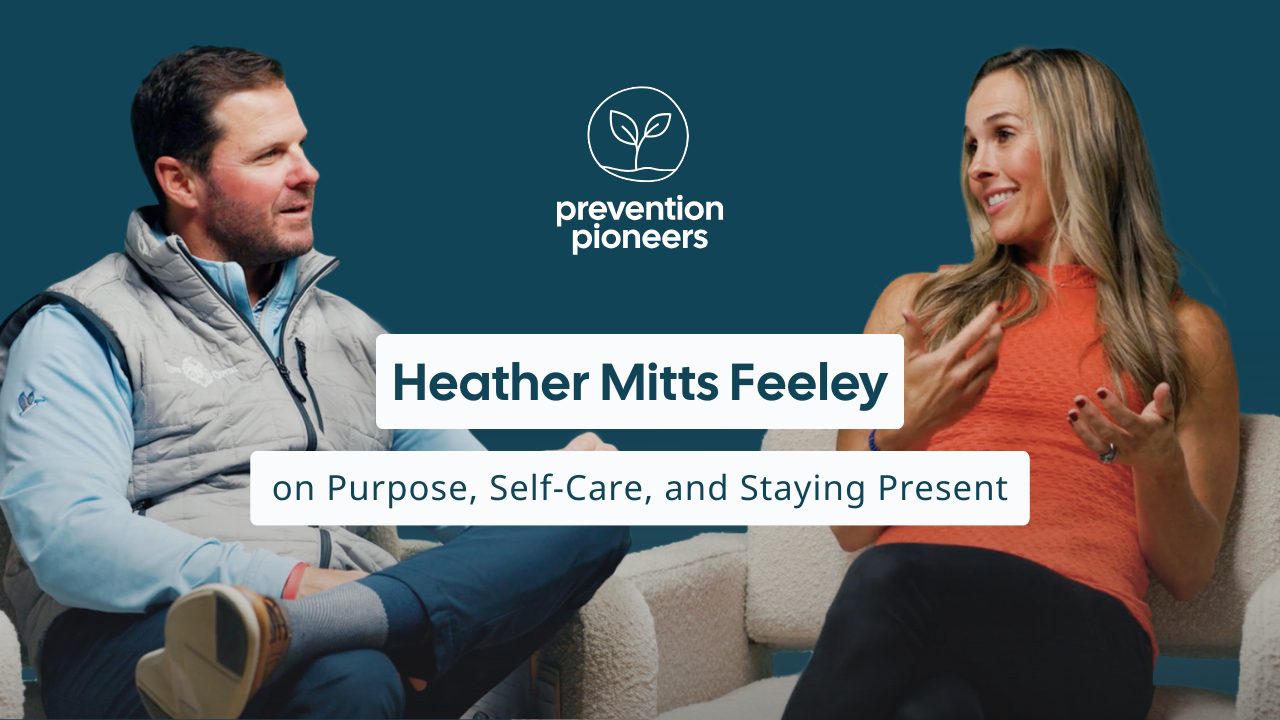September Is Suicide Prevention Month

Learn how to reduce the stigma around having these feelings, see the warning signs, and offer much-needed support to those who need it.
Life can feel overwhelming sometimes. Perhaps we’re experiencing an inordinate amount of stress due to conflicts in our personal lives, or it feels that aspects of our professional lives have become just too much to handle. We’ve become a burden to those around us, and no matter where we turn, we’re in the throes of unavoidable pain.
For many who have these thoughts and feelings, suicide feels like the only escape from that pain. But we’re here to remind you, in the midst of Suicide Prevention Month, that you, your team, and your loved ones do have options that can prevent you from the irreversible consequence of suicide.
Though suicide is a difficult subject to discuss, it is a major public health concern, one that we can only prevent by having open conversations, recognizing the warning signs, and offering support to those who need it most.
The Spirence team is here to help:
- Reduce the stigma associated with those who consider themselves suicidal
- Highlight the warning signs of suicide
- Point to resources that will connect people with the support they need
Reducing The Stigma
Suicide is the 11th leading cause of death in the United States. Though death by suicide is reflective of people from all genders, races, and economic backgrounds, men represent 78.7% of all suicides between the years of 2000 and 2020.
2023 saw the United States reach an all-time high of suicide deaths, with over 50,000 people dying by suicide.
Though these numbers are alarming, the more we can have open, safe discussions with others, the more we can do to reduce the stigma surrounding suicidal thoughts while providing our communities with the tools they need.
Experts like Spirence’s own Cynthia Goss, M.A., and Chris Prochut believe that suicide prevention starts with awareness around suicide and that we can increase that awareness by:
- Normalizing the discussion around having suicidal feelings
- Using language that doesn’t avoid the uncomfortable topic of suicide
- Giving people, particularly men, a venue for self-expression and vulnerability
It is not unusual for people to have suicidal thoughts. Even people who are perceived as “having it all together” can have suicidal thoughts. This is normal.
However, people are often afraid to speak up about their feelings out of fear of being judged, losing social status, or even losing their jobs. Because of this, those feelings stay bottled up, and they go without the support they need.
Our Spirence experts recommend that you be direct about asking someone, “Are you thinking of killing yourself? Are you thinking about suicide?” vs. “Are you thinking of harming yourself?” A serious situation requires a serious, direct question.
It’s important for people having suicidal thoughts to understand that this is not their fault. They’re reacting to extreme circumstances, but they are not alone. They do have a choice in this situation.
Giving people the space they need to express their feelings and understand the value of their relationships and providing them with access to mental health support — for themselves or for loved ones they are concerned about — can make all the difference to a person who feels they’ve run out of options.
What To Watch For: Suicide Warning Signs
Don’t be quick to confuse someone’s threats of suicide with attention-seeking behavior. Often, these threats are made not to be dramatic but as a desperate plea for help.
Other important signs of someone considering suicide include:
- Verbalizing a desire to die
- Describing themselves as a burden to others
- Expressions of extreme depression or hopelessness
- Extreme mood swings, including sadness, anger, and anxiety
- Engaging in risk-taking behaviors
- Increased consumption of drugs or alcohol
- Sudden withdrawal from friends and family
- Giving away important possessions
- Making a death plan
It can be difficult to know how to approach someone exhibiting signs of potential suicide, but knowing the signs, being direct in your communication, and pointing them in the direction of appropriate resources can make them feel less isolated and more supported — and it might just save their life.
How To Support Someone Having Suicidal Thoughts
One of the most important things we can do for someone who is having suicidal thoughts is to help them reframe their outlook — let them know that they are not alone and that they have options beyond suicide that will alleviate the pain they’re experiencing.
Therapy and counseling is an important step in the process of treating mental health, but people shouldn’t feel like failures if they don’t immediately feel connected to their therapists. It’s okay to change counselors. It’s okay to try different approaches to treatment.
Seeking out options — and leaning into community when feeling lost or overwhelmed by those options — is a perfectly normal part of many people’s mental health journeys.
For employers who want to supply their teams with more mental health resources, the Spirence team recommends creating a culture where employee wellness — including mental wellness — is given empathy and consideration.
- Have a special page on your site with mental health resources
- Give your managerial and leadership teams formal training to promote mental health
- Use 1-on-1 meetings to check in on employee well-being
- Consider mental health when creating your employee benefit plan
- As a leadership team, be willing to be vulnerable about your own mental health journey
- Create spaces where employees can support each other
- Make sure your internal policies reflect an inclusive, supportive work culture
- Remember how difficult the holidays can be for some, and increase your support
Suicide is a serious subject, and Spirence is here to help. We believe that it is critical to reduce the stigma around mental health in the workplace, for companies to invest in the mental well-being of their teams, and to provide safe, secure, and affordable access to proactive and preventative mental health education resources.
Together, we can reduce the stigma around suicide and provide people with the help they need and deserve.
If you or someone you know is considering suicide, you have options. Dial 988 to speak with someone today at the Suicide and Crisis Lifeline.


